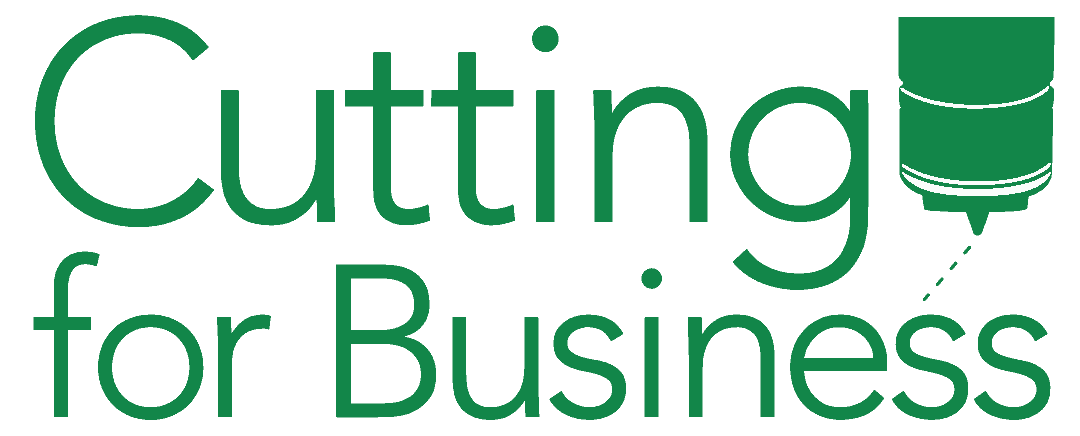Affiliate Disclosure: As an Amazon Associate I earn from qualifying purchases. Additionally, I may get commissions for purchases made through other affiliate links in this post.
Let’s continue talking taxes here on the blog. I’ve already shared with you what the IRS says about business income versus hobby income. Missed it? Read that post here.
Today, we are going to look at Federal and State Income Tax and Self Employment Tax in your Silhouette or Cricut small business. To clarify, I can’t provide specific answers for your tax questions since I’m not a licensed tax professional, but I’m happy to provide you an overview of the taxes you’ll encounter in your Silhouette or Cricut small business.
Federal and State Income Tax
- In general, when you make money you need to pay income taxes. I’m sure most Cutting for Business readers have been employed and have received a W-2 at some point in their lives. At tax filing time, you use the information on your W-2 to report to the government how much money you earned during the year. When you work for yourself, no one sends you a W-2. Instead, you add your net sales income to all your other income and report it to the government on your Federal Form 1040 or your state income tax return.
- Not all states have income tax. These states include: Alaska, Florida, Nevada, South Dakota, Texas, Washington, and Wyoming.
- Federal and State Income taxes are filed annually.
- Similar to filing your personal taxes, you will offset your taxable income with your business deductions.
Federal Self Employment Tax
- In the USA, there is a 15.3% Self Employment tax. The purpose of the tax is to collect Social Security and Medicare taxes from those that are self employed. Of the 15.3%, 12.4% goes to Social Security; while 2.9% goes to Medicare. In 2020, you will pay 15.3% of the first $137,700 in income. For earnings over $137,700 you are taxed at 2.9%; the income amounts change yearly.
How are Small Business Taxes Filed?
For those with sole proprietorships or single member LLC’s (which are what the majority of Cutting for Business readers will be established as), you will file your taxes on your personal tax return (Form 1040) or your state income tax form.
1099-K
If you sell through marketplaces (Etsy, Ebay, Amazon) you may receive a 1099-K. For this to happen, you must have $20,000 AND more than 200 transactions. This form simply states what your unadjusted gross sales were within the marketplace.
See, this tax stuff isn’t really that scary! I do know this tax stuff can be pretty dull, but have faith and get your tax documents in order sooner rather than later.

Since 2015, Christine Schinagl has been helping crafters start and run craft businesses through her blog, Cutting for Business. As a Silhouette and Cricut crafter herself, she has a unique take on what works and what doesn’t work in the craft business world. She also enjoys teaching other crafters how to create digital SVG designs, available at through the Design with Me series.

Mandy
Tuesday 8th of December 2015
Thank you thank you thank you! This is SO important and helpful as a 1st year etsy seller!
Christine
Wednesday 9th of December 2015
So glad you enjoyed it, Mandy! You're welcome!